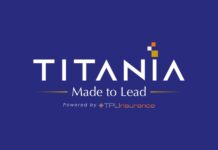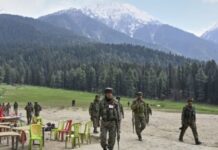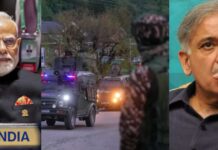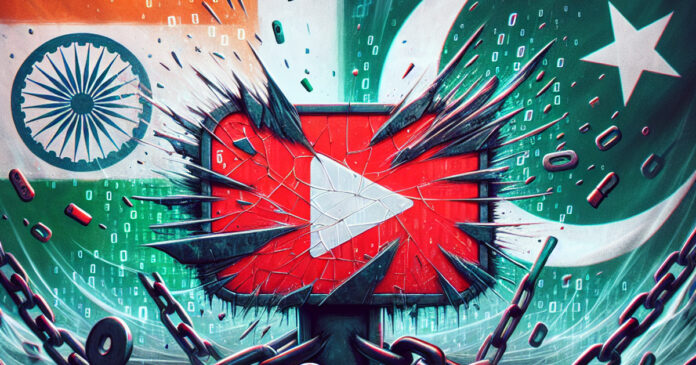India’s Ministry of Information and Broadcasting has ordered to block several major Pakistani YouTube channels, including popular news outlets like ‘Bol News‘ and ‘Geo News.’
The Indian government claims that these channels were spreading misinformation and “threatening national security.” Because of these concerns, they acted quickly under their IT rules to block them.
Critics argue that India’s move might be less about national security and more about controlling information. Freedom of speech and press freedom are cornerstones of any democracy. Blocking media platforms affects how people get information and form their opinions.
Read more: Pakistan Suspends Simla Agreement in Retaliation to India: What Happens Now?
| 1 | Dawn News |
| 2 | Irshad Bhatti |
| 3 | SAMAA TV |
| 4 | ARY NEWS |
| 5 | BOL NEWS |
| 6 | Raftar |
| 7 | The Pakistan Reference |
| 8 | Geo News |
| 9 | Samaa Sports |
| 10 | GNN |
| 11 | Uzair Cricket |
| 12 | Umar Cheema Exclusive |
| 13 | Asma Shirazi |
| 14 | Muneeb Farooq |
| 15 | SUNO News |
| 16 | Razi Naama |
Who Else is Affected?
It’s not just big media houses that are feeling the impact; this decision affects everyday people as well, such as:
- Journalists who use these platforms to share important news.
- Viewers who rely on multiple sources for information.
- Pakistani communities living in India who want to stay connected with news from back home.
Press Freedom: Why Does it Really Matter?
Press freedom isn’t just a buzzword; it’s the backbone of a healthy society. It ensures that governments are held accountable and that people can criticise decisions without fear.
When a government controls which news sources you can see, it’s like trying to walk through life with one eye closed. You miss out on the full picture. And when people don’t have access to reliable information, it becomes harder to make informed decisions about voting, education, and everyday life.
In short, press freedom matters because knowledge is power. Without it, that power shifts away from the people and into the hands of a few.
India’s Side of the Story
To be fair, India’s government says it took the step to protect its citizens. They’re worried about the spread of fake news, especially with sensitive topics like national security and public order.
We’ve all seen how false information can spread like wildfire online. Sometimes, it even leads to real-world violence. In that sense, governments do have a responsibility to keep people safe.
But where should the line be drawn? That’s the big question here.
Looking at the Bigger Picture
India’s move to block Pakistani YouTube channels isn’t happening in a vacuum. Around the world, more governments are getting involved in controlling online information. Whether it’s social media bans, internet shutdowns, or censorship of news outlets, the digital world isn’t as “free” as it once was.
What can be Done?
Instead of blocking content, many believe that encouraging a culture of openness and critical thinking is key. Encouraging respectful debates, supporting independent journalism and holding all media outlets (yes, all of them) accountable for honest reporting can make a huge difference.
At the end of the day, freedom of information empowers everyone. And when more people have access to diverse information, society grows stronger—not weaker.
Final Thoughts
India’s decision to block Pakistani YouTube channels has definitely sparked a serious conversation about press freedom—not just in South Asia, but all around the globe. It reminds us that while the digital world offers amazing opportunities, it also comes with challenges we must face carefully.
As more of our lives move online, protecting access to accurate and diverse information becomes more important than ever. After all, the internet is supposed to bring people together, not keep them apart.
Stay tuned to Brandsynario for latest news and updates









































